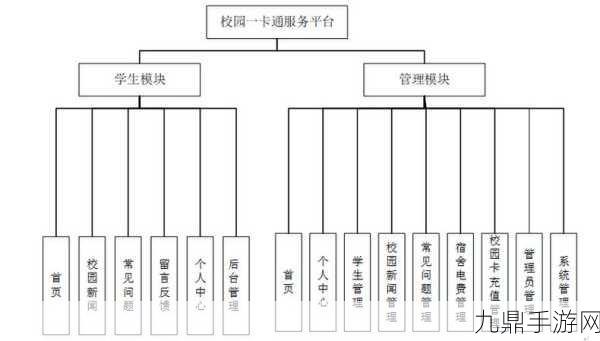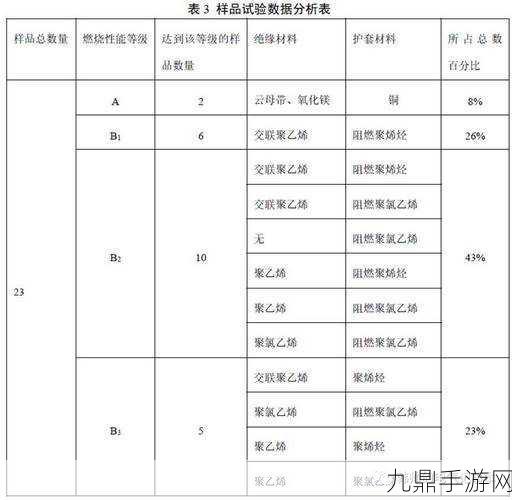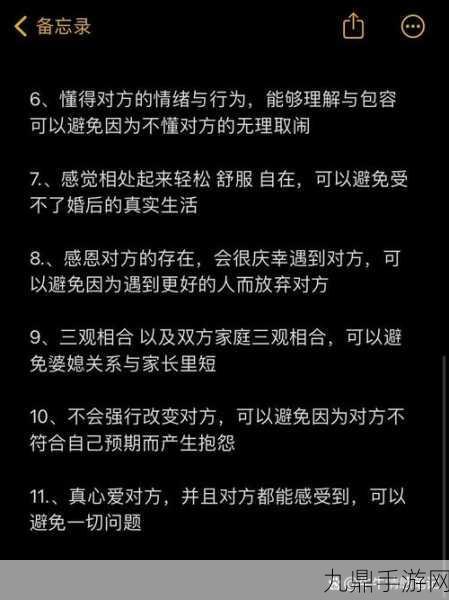一年的生姜惩罚:如何影响生活与饮食
不吃生姜,这个看似平常的选择,竟然被某些地方视为一种“错误”,甚至导致了长达一年的奇特惩罚。这种现象引发了不少讨论,对于一些人而言,拒绝生姜可能是出于个人口味,而对另一些人来说,则反映了一种文化习俗。无论如何,被迫夹一年生姜的经历,不仅让人在舌尖上感受到不同,更在心理和社交层面带来了诸多挑战。
为何有人会排斥生姜?
对于许多人来说,接受或排斥某种食材往往与个人经历、家庭背景以及文化传统密切相关。有的人从小就对辛辣刺激的食品较为敏感,因此,自然而然地避开了强烈气味的调料,比如生姜。此外,一些健康问题,如消化道疾病,也使得他们不得不放弃这一类食物。在这种情况下,按照当地风俗坚持吃下去,就成了一种负担。更有甚者,如果因为拒绝而遭到社会制裁,这样的不公平待遇显得格外令人愤慨。

夹一年生姜,这意味着什么?
想象一下,一个人由于不喜欢或者不能吃某种食物,却被指派要随身携带它整整一年。这不仅是一项身体上的考验,更是精神上的折磨。每天面对自己厌恶或无法忍受的东西,会逐渐形成内心深处的一种抗拒情绪。同时,在朋友聚餐时,总会遇到尴尬场景,无形中增加了社交压力。当别人围坐一起享用美味佳肴,你却只能默默承受那份苦涩,与世隔绝般孤立无援。
改变饮食结构的重要性
This year-long ginger punishment acts as a stark reminder of the importance of dietary flexibility. Trying out new foods can lead to broader culinary horizons and bring unexpected health benefits. For those unwilling to consume ginger, it might be an opportunity for exploration: experimenting with other spices or ingredients that possess similar flavor profiles but cater more to individual preferences.

An example could be turmeric, which has become increasingly popular due to its anti-inflammatory properties and potential health benefits. Creating dishes that balance different flavors without relying solely on one ingredient is crucial in building diverse meal plans, especially when certain items are off-limits.
应对策略与建议
If faced with such peculiar circumstances—or simply struggling with food dislikes—finding coping strategies becomes essential. One有效方法就是预先规划自己的饮食。例如,可以提前准备好无需包含该禁忌成分的菜品,以确保每顿饭都能满足自己的需求,同时避免入乡随俗所造成的不适。此外,还可以寻求家人的理解和支持,让周围的人知晓你的情况,从而减少潜在冲突。
调整心态也至关重要:
- Acknowledge feelings: Accepting any discomfort related to forced consumption helps ease mental strain.
- Cultivate curiosity: Explore alternative cuisines where ingredients align better with personal tastes yet maintain some cultural significance.
- Create community support: Join groups or forums focusing on creating inclusive dining experiences for various dietary restrictions.







